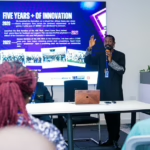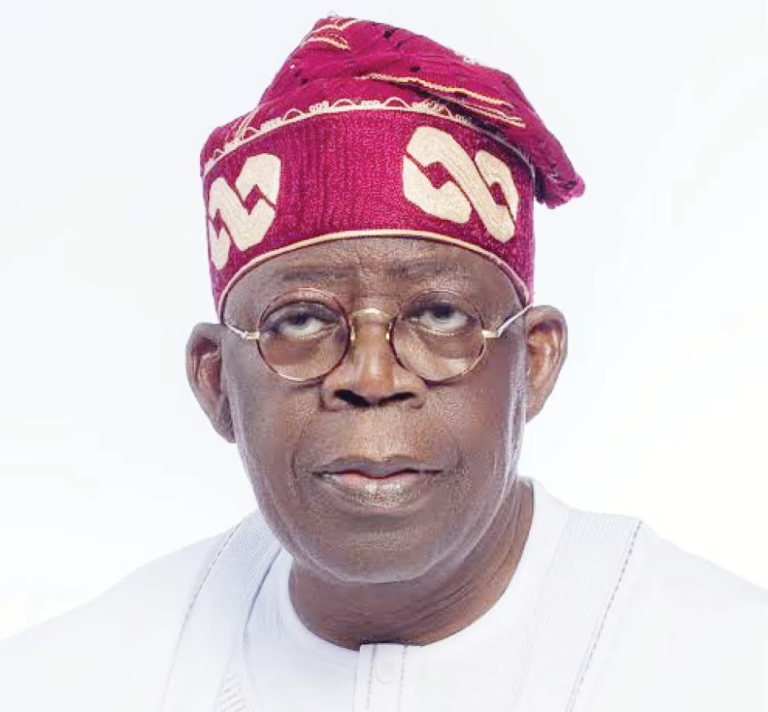Laolu Akande, a former presidential aide, has expressed disappointment with President Bola Tinubu’s Independence Day speech, arguing that although the president emphasized economic progress, the address lacked compassion and failed to confront the difficult challenges Nigerians continue to face.
Speaking on Channels Television’s Sunrise Daily this past Thursday, Akande acknowledged that Tinubu’s speech was arguably his most detailed to date in terms of outlining his administration’s accomplishments, particularly in economic development.
“This speech stands out as the most thorough from President Tinubu in highlighting his government’s achievements. Credit is due for the effort to systematically present the progress made since assuming office, especially regarding the economy,” Akande remarked.
However, he criticized the speech for its insufficient recognition of the hardships endured by ordinary citizens.
“What was noticeably absent was a genuine expression of empathy toward the ongoing difficulties Nigerians face, especially concerning security issues. The president did not adequately acknowledge the escalating violence in places like Kwara State, where criminal groups and insurgents have expanded their influence,” he noted.
Akande also questioned the transparency surrounding the ₦320 billion allocated for social welfare programs, highlighting a lack of clear evidence on how these funds have benefited the populace.
“While the president praised the social safety net initiative, there was little detail on how the ₦320 billion has been utilized. Although some information has been shared previously, there remains a gap in demonstrating who exactly has been reached. From my experience, government aid often disappears without tangible impact. It is crucial for the administration to provide clear examples to inspire confidence among those still waiting for assistance,” he explained.
Regarding poverty, Akande accused the president of glossing over one of Nigeria’s most urgent issues.
“The speech lacked a meaningful discussion on poverty and how the government plans to address it,” he added.
Furthermore, Akande criticized Tinubu for not confronting corruption within the oil and gas industry, particularly within the Nigerian National Petroleum Company Limited (NNPCL).
“The president mentioned the removal of fuel subsidies and the corruption linked to them, yet he remained silent on the ongoing malpractices within NNPCL. There is significant corruption in the oil sector, and unlike his decisive actions against corruption in the Central Bank of Nigeria, the president has not shown the same resolve in tackling issues at NNPCL,” Akande stated.
Despite these critiques, Akande acknowledged Tinubu’s thoroughness in enumerating key economic achievements.
“We must recognize his effort in listing around a dozen significant economic milestones,” he concluded.

















